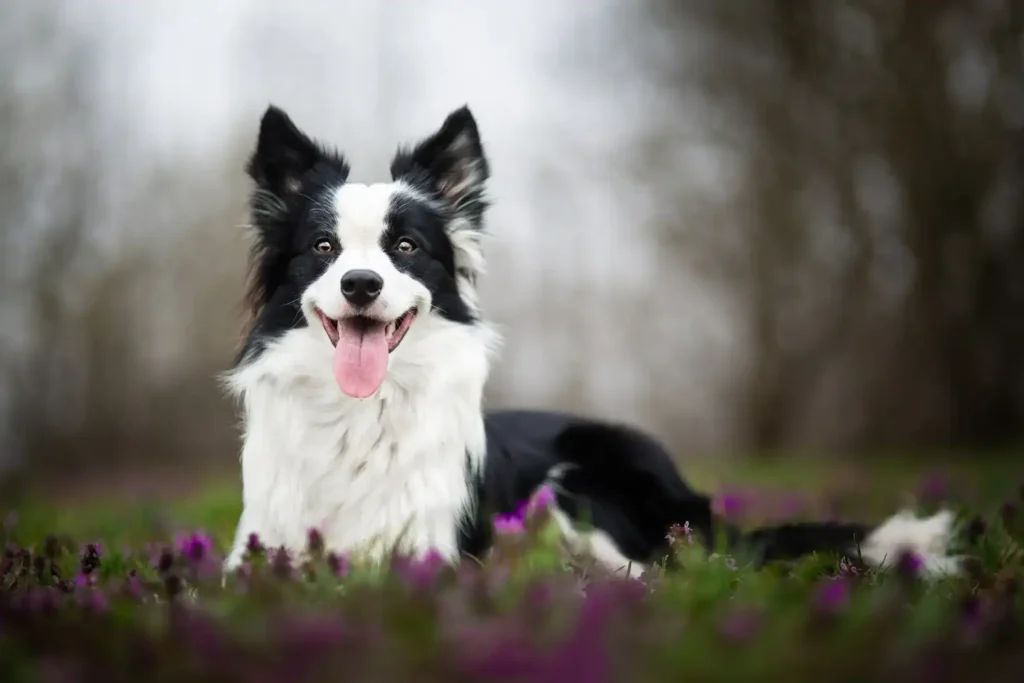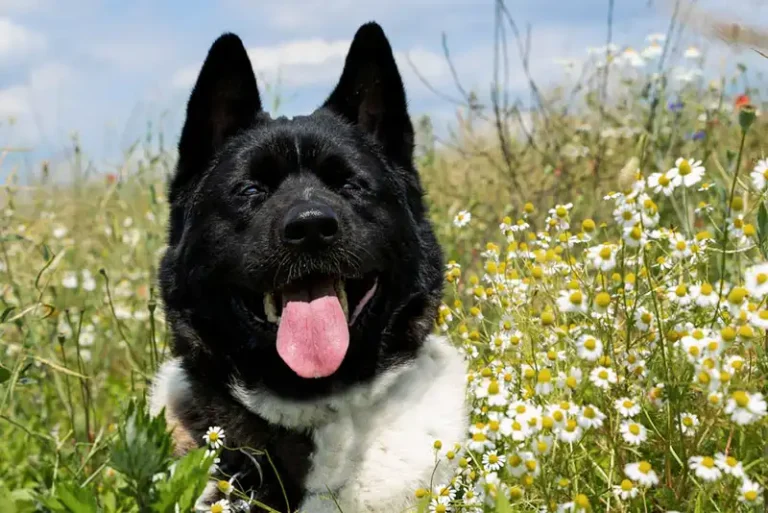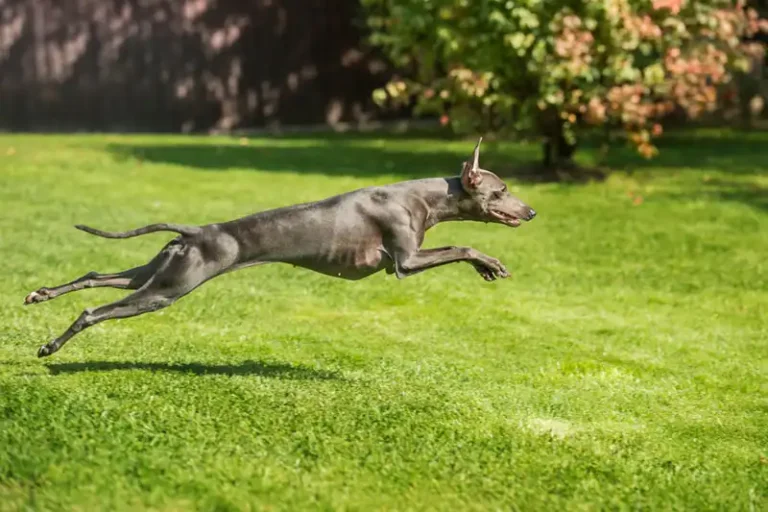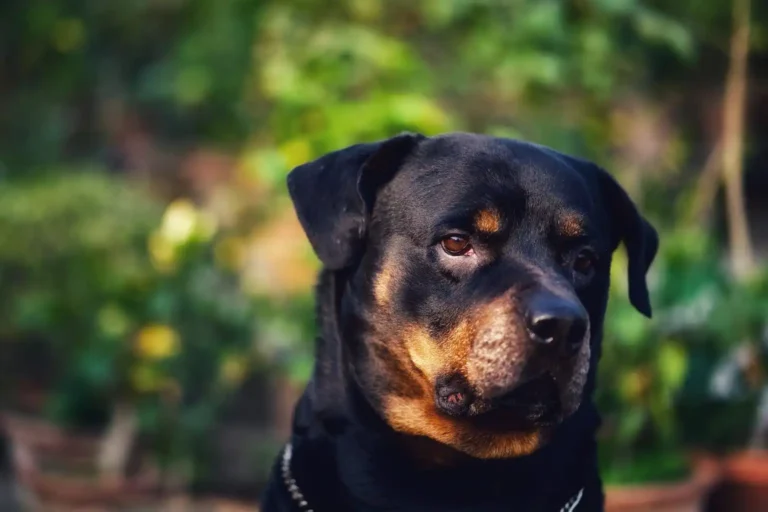The Smartest Dog Breeds
When choosing pets, future owners give preference to different breed qualities: some are looking for skilled trackers and hunters, others – fearless defenders and vigilant guards, and still others want to see intellectually developed and understanding companions next to them. Which dog breeds are considered the smartest, kindest and most loyal – we will tell you in the article.
Border Collie
Representatives of this herding breed often top the ratings of the smartest dogs: scientists believe that their intelligence is comparable to the mental abilities of a three-year-old child. They are calm and balanced, literally “on the fly” master even the most complex commands and repeat them without difficulty, and also have no equal in various dog sports.
Poodle
These dogs combine extraordinary intelligence with an elegant, decorative appearance and a friendly disposition. Poodles were originally bred to hunt waterfowl, but over time many of them became outstanding artists in the circus, cinema and other arts: all thanks to their excellent training abilities and extraordinary work capacity.
German shepherd
People have appreciated the intellectual abilities of these pets: all over the world, German Shepherds are valued as irreplaceable service animals. They work as trackers, rescuers, guides and perform many other important functions. Many people get these smart and loyal pets as companion dogs.
Golden Retriever
Golden retrievers are wonderful companions for active people, passionate partners for hunters, excellent searchers and trackers. They learn easily and with pleasure, are obedient and peaceful, but all this is only in the hands of an experienced owner who has become an authority for them.
Doberman
Many cynologists consider Dobermans to be the “dog standard”: they are beautifully built, elegant, strong and physically hardy pets with a balanced character. They are also easy to train, alert and fearless. Dobermans are valued as service animals and simply as domestic companions who can easily win the love of all family members.
Sheltie
Shelties are small herding dogs native to the Shetland Islands, after which they were named. They are often called miniature copies of the Border Collie: they are smaller than their relatives in size, but are also smart, good-natured and active. The Sheltie’s body is covered with long downy hair with a thick undercoat, inherited from the Spitz: it requires constant and careful grooming.
Labrador Retriever
Labradors are one of the most popular dog breeds in the world: these pets are loved everywhere for their non-conflict character, sharp mind, excellent sense of smell, and outstanding physical qualities. Labrador retrievers are kept as domestic companions, hunting dogs, and service dogs. With sufficient physical and mental exercise, these rather large pets can comfortably live even in small apartments.
Papillon
Papillons, as well as their closest relatives, the Phalene, are considered to be among the smartest breeds of small dogs. They are good-natured and energetic, but at the same time balanced and calm. Papillons love their owner’s attention, but are never intrusive. It is not worth leaving such dogs alone for a long time: this has a negative effect on their emotional state.
Rottweiler
These powerful, solidly built dogs are the embodiment of strength, reliability, determination and extraordinary intelligence: it is not for nothing that they are recognized as one of the best service breeds. They are easy and enjoyable to train, but due to their dominant nature, they will obey only an authoritative and self-confident owner.
Australian Cattle Dog
Aussies are pets with a bright appearance and a good-natured disposition, hardworking and tireless assistants, as well as loyal and friendly companions. They have a dominant character, but at the same time they are non-conflicting and do not have a tendency to start fights with every relative they meet: however, if there are obvious attacks in their direction, they will not tolerate “insult”.
Welsh Corgi Pembroke
Miniature corgis are herding dogs and have long been involved in herding sheep. Today, these energetic, cheerful and smart pets can increasingly be seen in the company of city dwellers. Corgis are completely alien to aggression: they are not prone to conflicts with their relatives, get along easily with other pets and are kind to children.
English Cocker Spaniel
The English Cocker Spaniel’s main passion is hunting for feathered game: this is what they were bred for in the late 19th century. But even if the spaniel’s owner is not a hunter, they will always be happy to keep him company on a run, a bike ride, in sports or just on a walk. Daily mental and physical activity is vital for these dogs: without regular exercise, they become nervous and quickly gain excess weight.
Belgian Shepherd
This breed has four varieties – black long-haired Groenendael, wire-haired Laekenois, long-haired multi-colored Tervuren and short-haired Malinois. The latter are known throughout the world as one of the most reliable and efficient service breeds: developed intelligence and a keen sense of smell allow them to work as bloodhounds, search and rescue dogs, and also perform other various functions.
Schipperke
The Schipperke is one of the smallest breeds of herding dogs, bred in Belgium. They are restless, agile, brave and inquisitive pets: nothing that happens around them will remain without their close attention. Schipperkes have an abundance of energy: they need intensive daily exercise, so they are unlikely to be happy with a home lifestyle.
Bernese Mountain Dog
Swiss tricolor shepherds are large, strong dogs with a harmonious build and a good-natured disposition, also known for their signature “smile” on their faces. They are smart, absolutely good-natured, and easily trained to learn new commands. Sennenhunds are truly devoted to only one owner, although they are also kind to others around them and even strangers. Despite their impressive size, they can easily live in city apartments, provided that they are regularly walked and their fur is constantly groomed, as it sheds intensively throughout the year.
Mittelschnauzer
Medium or standard Schnauzers are always easily recognizable due to their bushy eyebrows and long beard on the muzzle, which are formed by decorative hair. They are strong, well-built, intelligent and courageous dogs that are strongly attached to their owner and members of his family. They always strive to occupy a dominant position, so they constantly need to be reminded who is the boss in the house.
Criteria for Determining Dog Intelligence
To determine the level of cognitive abilities of dogs, experts use three main criteria, which were identified back in the 1990s by Canadian scientist Stanley Coren:
Instinctive — reflects the ability of representatives of dog breeds to perform the functions for which they were bred. For example, for gundogs — these are the skills of tracking prey, for shepherds — the ability to guard cattle and gather a herd, for guard dogs — the reaction to strangers, etc.
Adaptive – shows the ability of dogs to make independent decisions. Some pets are able to react to stimuli instantly and act in certain situations as they consider correct. Others prefer not to do anything without the owner’s command. The degree of obedience depends on how much the pet is inclined to independence.
Working – characterizes the learning abilities of representatives of different breeds. They are usually assessed by the speed of memorizing new commands and the ability to repeat them the first time.
Often, when compiling ratings of the smartest dog breeds, only the third criterion is taken into account – working: because of this, many pets with a high level of intelligence, but a less developed tendency to obedience, occupy undeservedly low places in them.
Which Smart Dog Is Right for You: Tips for Choosing
When choosing a pet, you should not rely solely on the dog’s intelligence level as a determining factor. Pay attention to the following characteristics:
Physical activity level. Calculate how much time you can devote to walking your pet, whether you are ready to do sports with it, etc. Then compare your capabilities with the needs of the animal itself: if they do not match, it is better to choose another breed.
Grooming requirements. Be sure to research the grooming requirements of your chosen dog. Consider whether you are prepared to brush the dog’s fur daily, take it to the groomer periodically, etc.
Tolerance of loneliness. If you stay late at work and spend little time at home, choose a companion who can easily tolerate loneliness.
Attitude to children. Not all dog breeds are suitable for families with children, even if they occupy the first lines in the ratings for intelligence.
Compatibility with other pets. If you already have another pet in your home, make sure it can get along comfortably with the new neighbor.







